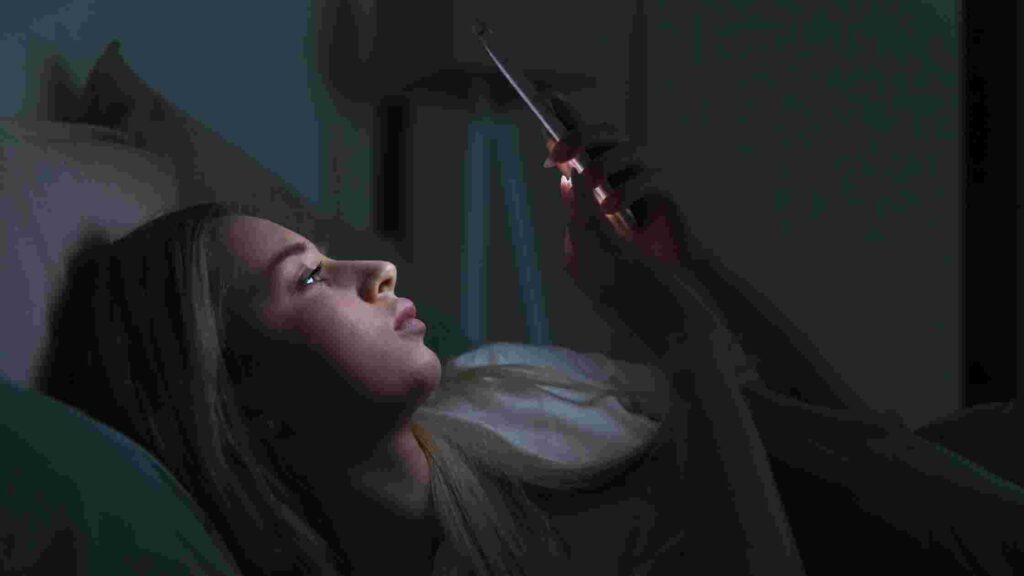Introduction:
Are your phone habits affecting your mental health? The Popcorn Brain Phenomenon! Learn about the detrimental effects of excessive phone usage and how to protect your brain from potential harm.
The Popcorn Brain Phenomenon

Have you ever felt like your brain is constantly on overdrive? The incessant scrolling, the urge to stay connected to the digital world – these are all signs of ‘popcorn brain’. It’s the sensation of your brain circuitry starting to ‘pop’ due to overstimulation from spending too much time online.
This phenomenon can make it difficult to disengage from the constant information stream online and live fully offline, ultimately affecting your mental health.
Understanding Internet Addiction vs Popcorn Brain
It’s important to differentiate between internet addiction and popcorn brain. While internet addiction prevents you from doing certain things and affects your life, popcorn brain is the constant urge to scroll and scan for danger, especially when feeling stressed. Both these conditions interfere with our ability to live a balanced and healthy life.
Impact of Excessive Phone Usage
The average person checks their phone 2,600 times a day, which has a significant impact on mental health. The overstimulation from constant phone usage can lead to popcorn brain and brain drain. By creating digital boundaries and reconsidering our relationships with phones, we can limit their detrimental effects on our mental well-being.
The Trauma from Distressing Content
The prevalence of distressing content on social media is causing trauma for many individuals. Research shows that consuming graphic images and videos increases the risk of PTSD and other mental health conditions. This indirect trauma triggers the amygdala and leads to excessive scrolling, further exacerbating the impact on mental health.
Protecting Your Mental Health
To protect your mental health from the negative effects of excessive phone usage and distressing content, it’s crucial to establish digital boundaries. Limiting exposure to graphic content, creating a media diet with time and geographical limits, and seeking alternative ways to stay informed can significantly protect one’s mental well-being.
Conclusion:
By recognizing the detrimental effects of excessive phone usage and taking proactive measures to limit exposure to distressing content, we can protect our mental health and prevent conditions like popcorn brain and internet addiction. It’s important to prioritize our well-being and establish healthy relationships with technology.






